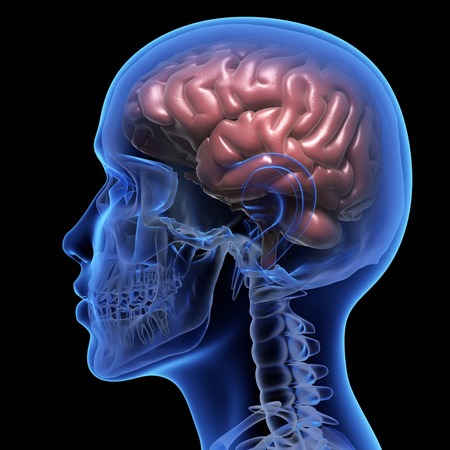Cognitive Behavioral Therapy (CBT)
What is Cognitive Behavioral Therapy(CBT)?
CBT is a form of psychotherapy that focuses on how a person’s thoughts, beliefs, and attitudes affect their feelings and behaviors.
The APA note that CBT is based on a number of beliefs, including the following:
- Unhelpful ways that people think can lead to psychological problems.
- If people learn unhelpful behavior, this, too, can lead to psychological issues.
- People can learn more beneficial ways of thinking and behaving.
- New habits can relieve symptoms of mental and physical conditions and allow people to act in better ways.
Texas Care bases CBT on the theory that problems arise from the meanings people give to events, as well as the events themselves. Unhelpful thoughts can make it difficult for a person to function confidently in different situations.
CBT can have a positive impact on how people feel and act and equip them with coping strategies that help them deal with challenges.
Research shows that CBT can offer support to people with depression, panic disorder, and various other health conditions. There is also growing evidence that it can help to relieve chronic pain.
CBT is a broad concept. Different types of CBT focus on various aspects of life. Some types address specific problems, for example, emotional or social challenges.
A course of CBT consists of a series of sessions, in which a counselor and an individual or group meet regularly and collaborate.
What Can You Learn?
With Texas Care CBT, a person can learn to:
- identify problems more clearly
- develop an awareness of automatic thoughts
- challenge underlying assumptions that may be wrong
- distinguish between facts and irrational thoughts
- understand how past experience can affect present feelings and beliefs
- stop fearing the worst
- see a situation from a different perspective
- better understand other people’s actions and motivations
- develop a more positive way of thinking and seeing situations
- become more aware of their own mood
- establish attainable goals
- avoid generalizations and all-or-nothing thinking
- stop taking the blame for everything
- focus on how things are rather than how they think they should be
- face their fears rather than avoid them
- describe, accept, and understand rather than judge themselves or others
For more information on CBT or other Texas Care treatment services, feel free to call 1-88-98TODAY and an Intake Coordinator will be happy to take your call and direct you to the appropriate department. Visit our FAQ page for more information on how Telehealth, Telemedicine, and TeleBehavioral Health can work for you.















